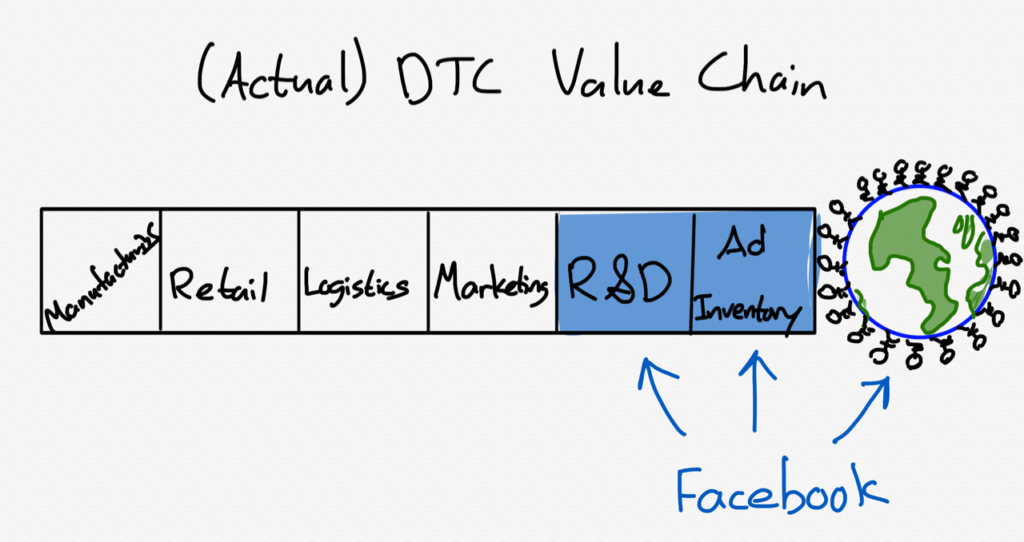Saved by Darren LI
The Facebook of ecommerce — Benedict Evans
When we look back over the past 100 years, traditional commerce (and the culture it indirectly endorsed) was primarily curated by a single person’s point-of-view. Even when commerce moved online, to places like Amazon or Farfetch, retailers still controlled the types of things consumers purchased. Online commerce didn’t innovate a new shopping expe... See more
Gaby Goldberg • Curators All the Way Down
sari added
When we look back over the past 100 years, traditional commerce (and the culture it indirectly endorsed) was primarily curated by a single person’s point-of-view. Even when commerce moved online, to places like Amazon or Farfetch, retailers still controlled the types of things consumers purchased. Online commerce didn’t innovate a new shopping expe... See more
Gaby Goldberg • Curators All the Way Down
Luc Cheung added
If commerce is a transaction between buyer and seller, the face of the seller is evolving with new tools for discovery and purchase that allow for a personal relationship between creator and customer. Beyond a corporation or mass retailer, the seller is now frequently a person or small business. We are seeing a new long-tail retailer learning how t... See more
Kirsten Green • The next revolution in commerce will be driven by the seller
sari added
one thing I saw growing up in South London in the 1980s as supermarkets deployed was that small food shops tended to disappear, and then re-appear in new incarnations, providing service, curation and selection that supermarkets themselves couldn't match, for people willing to search them out and of course pay the premium, and where there was the de... See more
ben-evans.com • Lists Are the New Search — Benedict Evans
Robin Good added
Revisited: one thing I saw growing up with the Internet as Google grew, was that small lists and directories tended to disappear, and then re-appear in new incarnations, providing service, curation and selection that Google itself couldn't match, for people willing to search them out and of course pay the premium, and where there was enough interest to support this. They didn't scale - they didn't turn into chains of 30 indie directories networks - but they often prospered.
Meanwhile, the more recent rise of social media — plus digital publishing and the continued growth of e-commerce — has given brands strong incentives and tools to build direct relationships with their clientele, skipping the retail middlemen and keeping the rest of their margin.
Dan Frommer • The end of Need Supply
sari added

sari and added